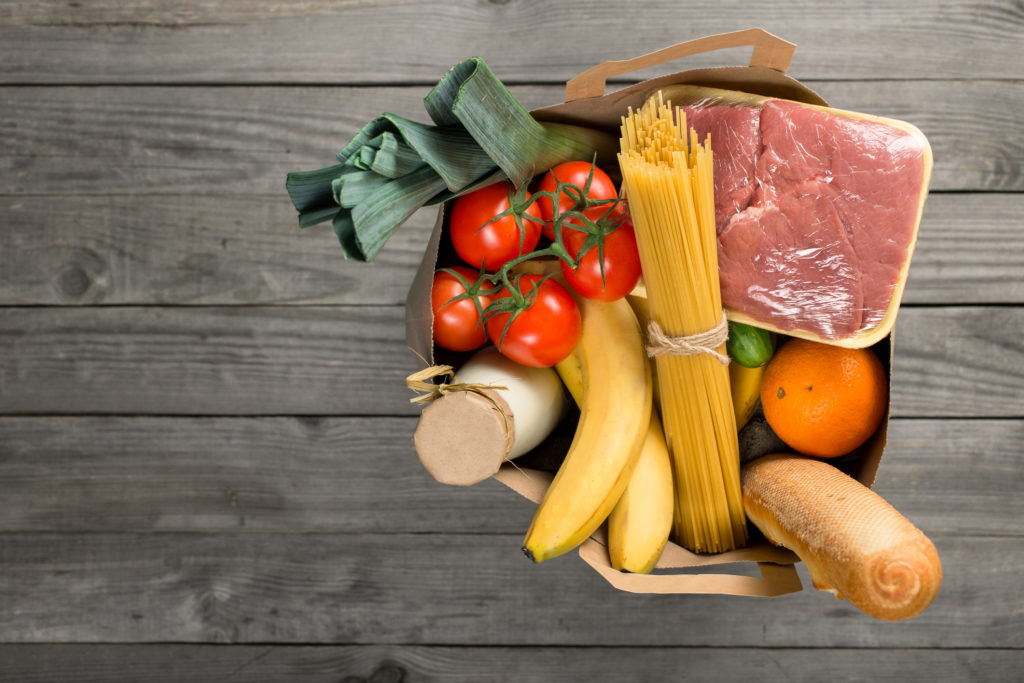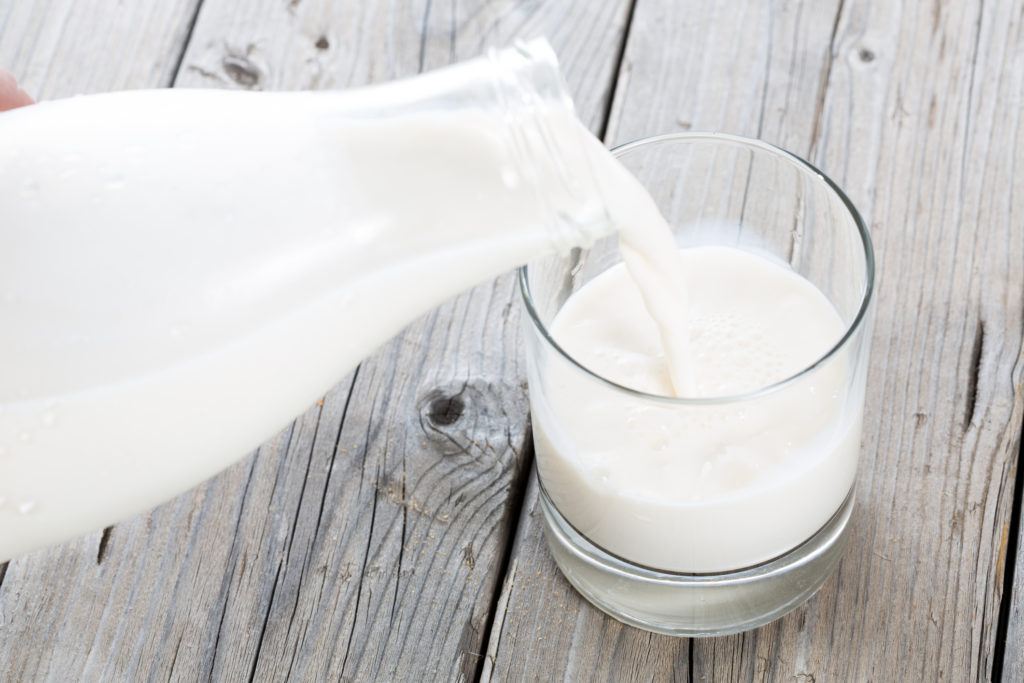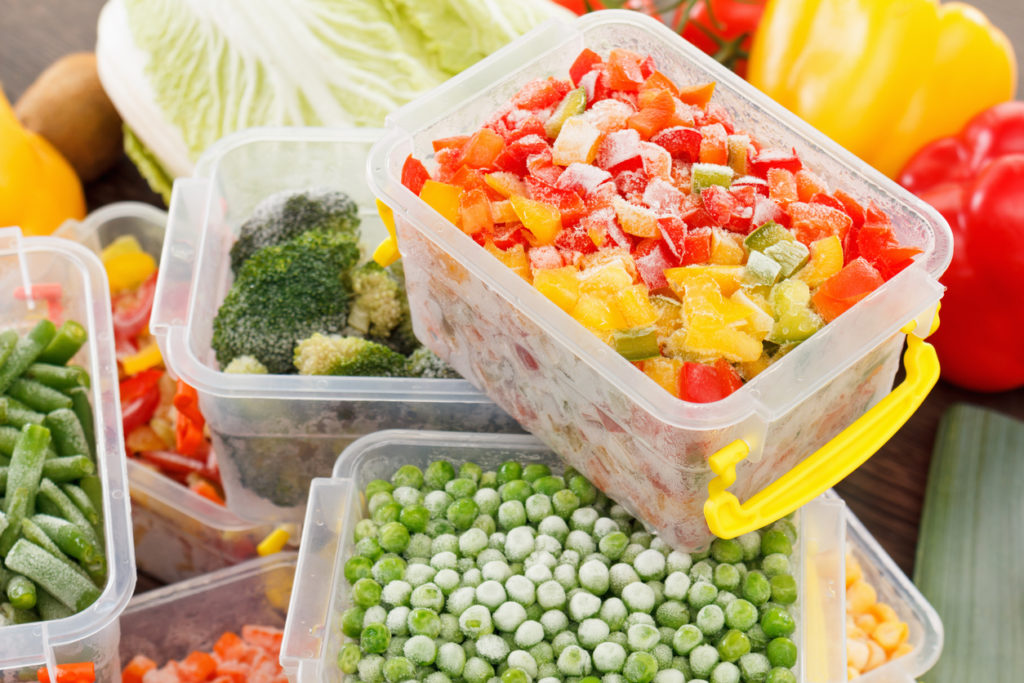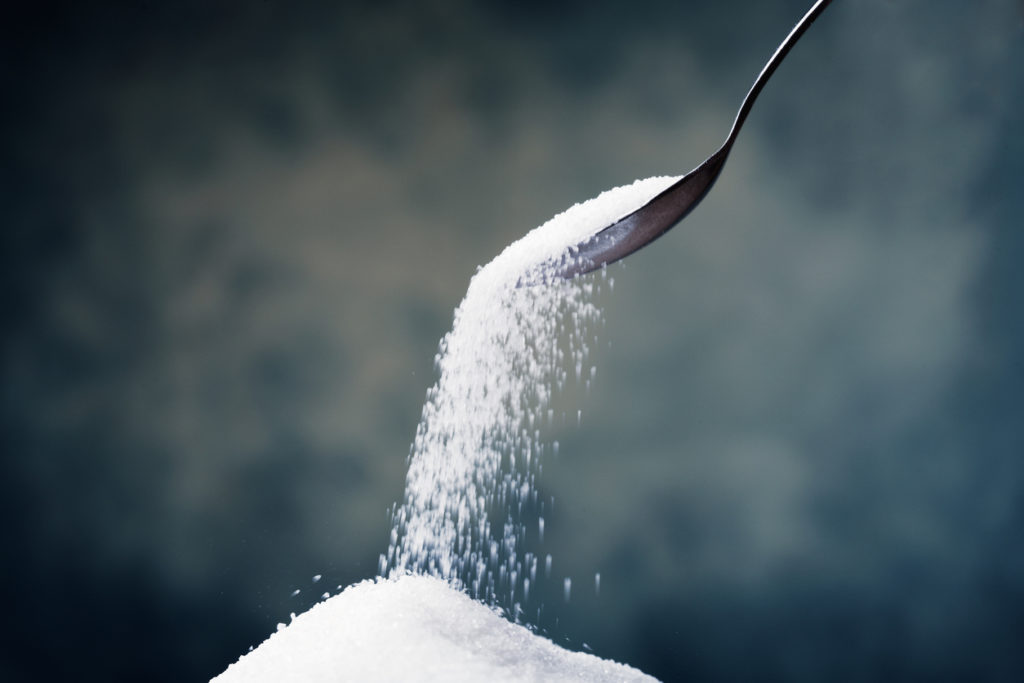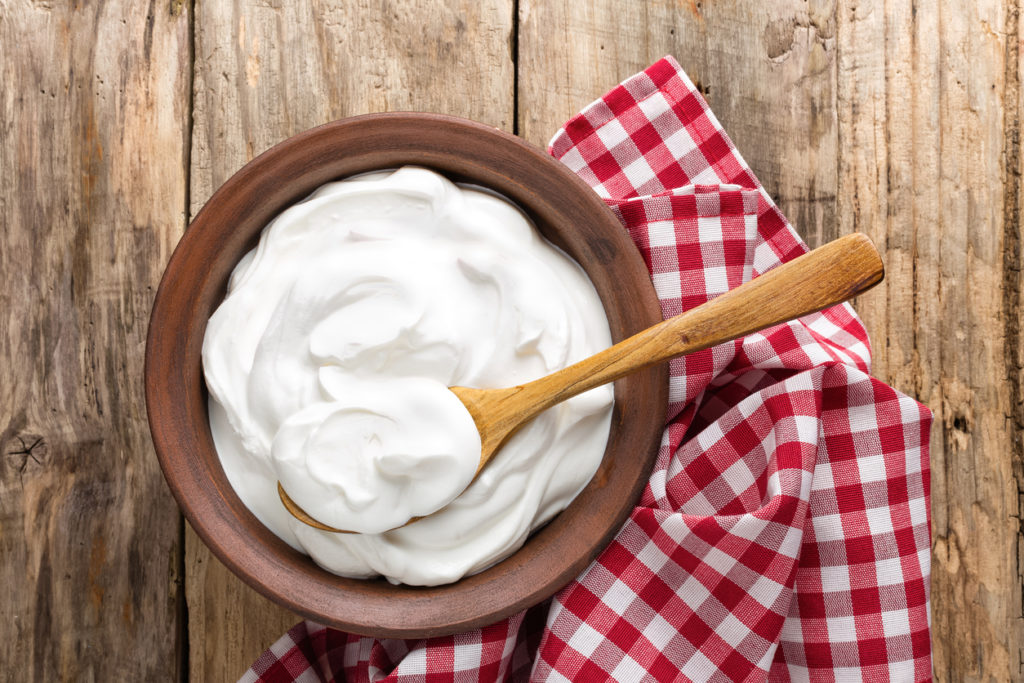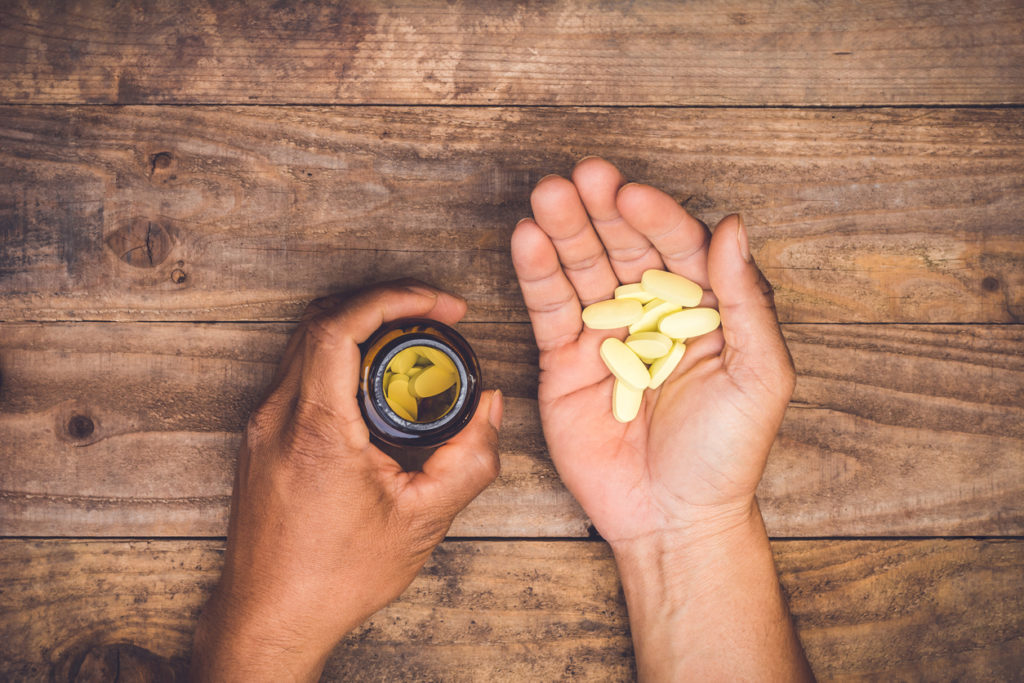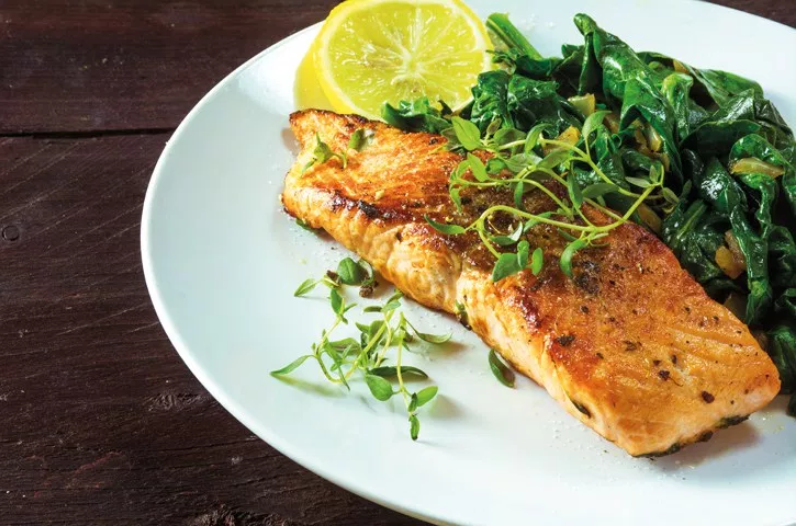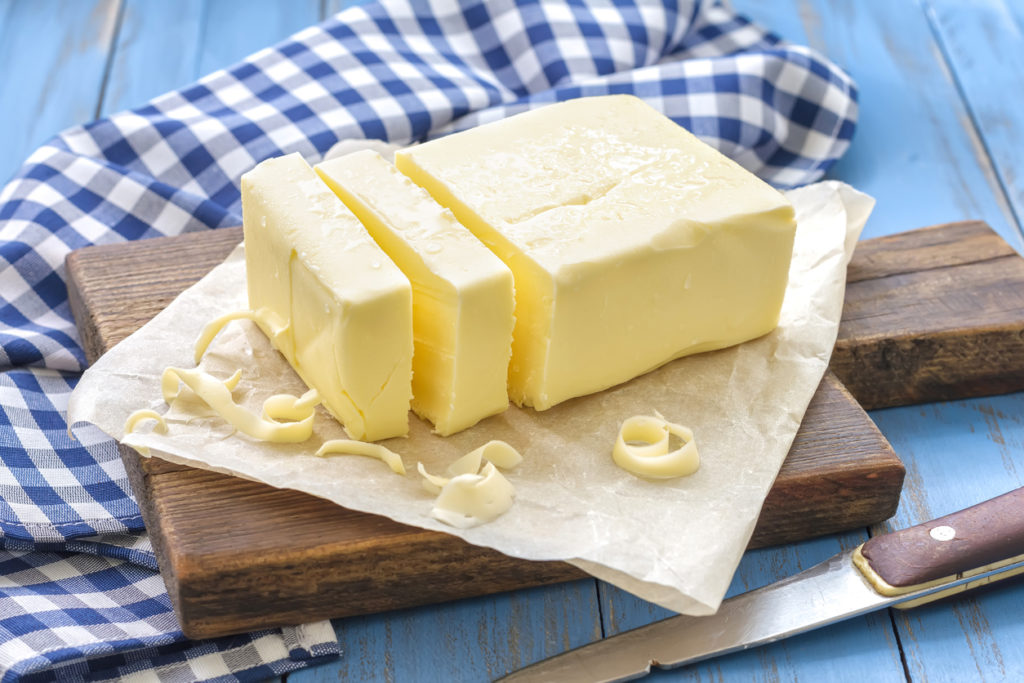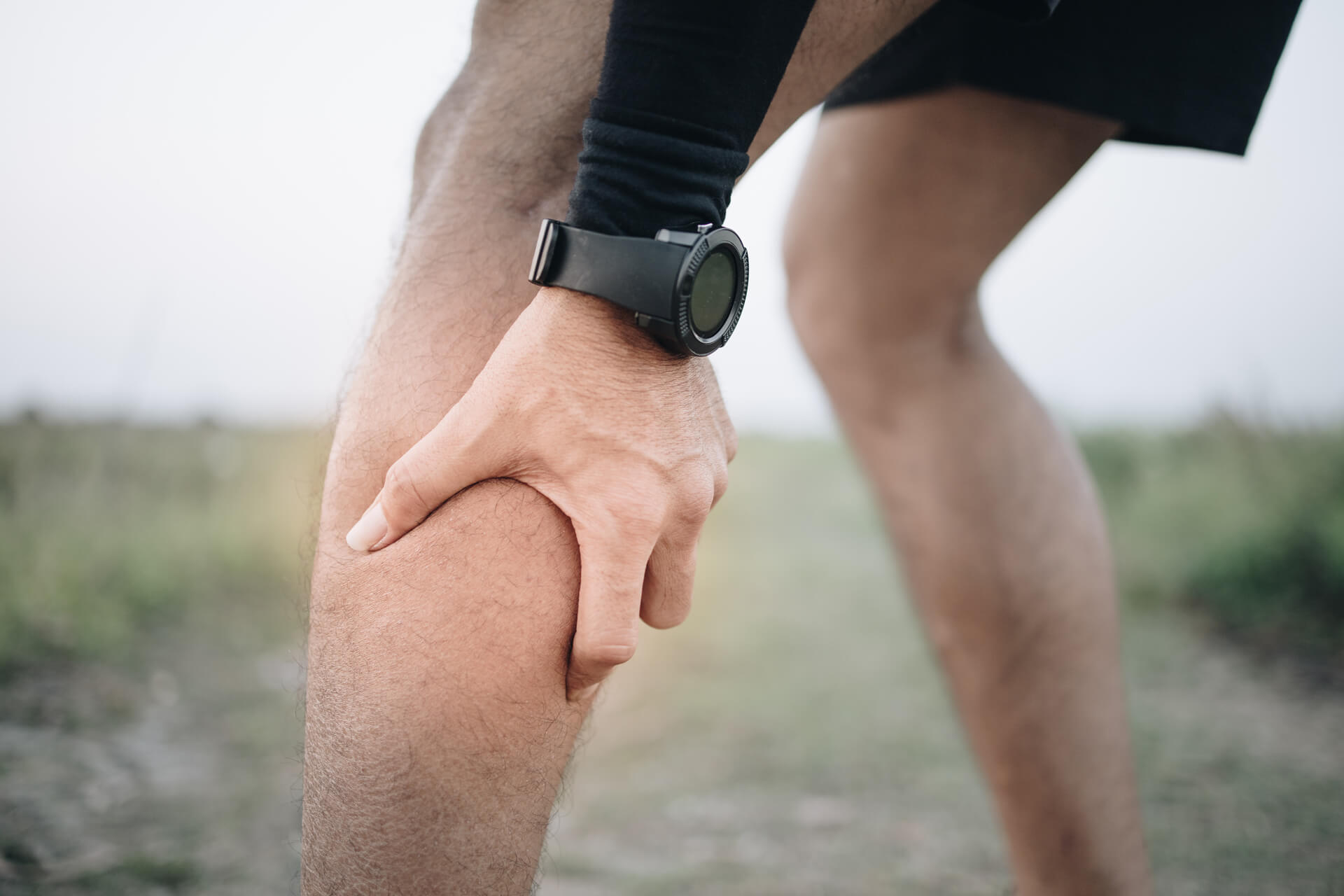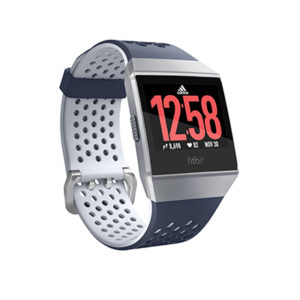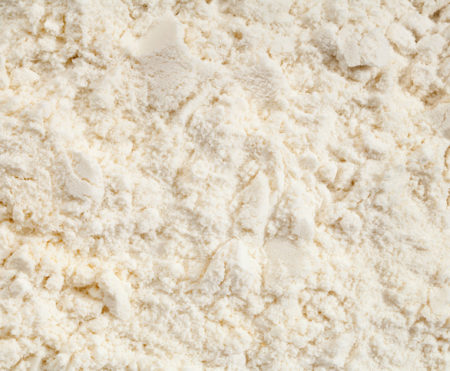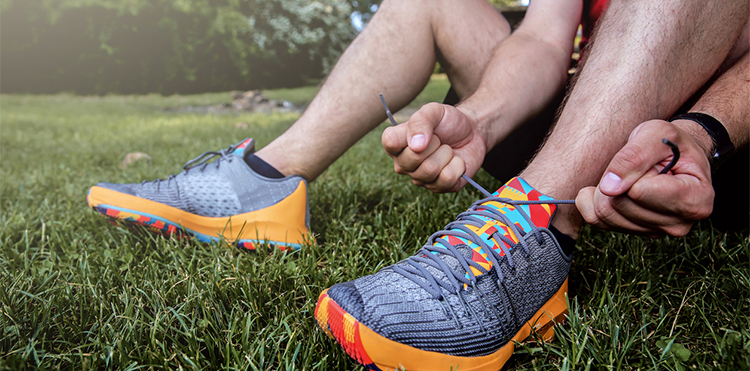Each passing week brings with it a new ‘superfood’ or diet fad, and the constant stream of research and ‘groundbreaking’ studies can make it impossible to know what your diet should consist of. To ease the confusion, we spoke to some of the UK’s top nutritionists to separate the wheat from the chaff and find out the best foods for runners…
Skimmed Milk or Whole Milk?
Shona Wilkinson is nutritionist at SuperfoodUK.com, the online shopping destination for health and wellbeing:
“For years we have been told that whole milk is a less healthy choice than skimmed milk. Whole milk may contain more fat and therefore seem the unhealthy option. In fact, the fat can actually help us to absorb certain vitamins – such as vitamin A and vitamin D – that are found in (or added to) milk. These vitamins are fat-soluble, so if there are only very small levels of fat in what we are eating, they won’t be absorbed as well as they can be when consumed with higher-fat foods.
“Contrary to popular belief, eating fat is often not the main reason for putting on weight; eating high amounts of sugary foods and starchy foods are more often to blame. Fat helps to make us feel fuller and more satisfied after eating, so we may not actually consume any more calories than when we choose skimmed milk. Drinking full fat milk is therefore not necessarily a less healthy choice than skimmed milk.”
Canned Food or Frozen Food?
Martina Della Vedova is nutritionist at Natures Plus (naturesplus.co.uk):
“Usually I would suggest frozen food rather than canned, when fresh food is not an option. Canned foods can undergo different processes for preservation, which will have consequences on their nutritional values, as well as their pureness.
“Very often fresh food spends up to a few weeks with producers, wholesalers and retailers, until customers can buy it. That’s why frozen food can often be as good as fresh if you are a savvy shopper – just make sure you chose organic products. If you are in a rush and need a quick fix for your dinner, steam or stir fry frozen vegetables to retain key nutrients.”
Sugar or Sweetener?
Dr. Marilyn Glenville (marilynglenviile.com) is the author of Natural Alternatives to Sugar:
“Sugar is a problem because it can make you gain weight. The more sugar you eat, the more insulin your body releases and the more you crave it – it is a catch-22. Sugar is also ‘empty calories’ – it doesn’t give you any nutritional value.
“You may be tempted to substitute sugar with artificial sweeteners in order to cut calories. Don’t. If a food or drink is described as ‘low sugar’, ‘slimline’ or ‘diet’, it will usually contain an artificial sweetener. These sweeteners have been linked to mood swings and depression, and it has been found that people who regularly use artificial sweeteners tend to gain weight because they can slow down the digestive process and increase appetite. If you are really craving something sweet, try adding cinnamon to your natural yogurt or porridge.”
Probiotic Yogurt or Probiotic Supplement?
Adrienne Benjamin is nutritional therapist at Pro-Ven Probiotics (provenprobiotics.co.uk):
“The bacteria in our bodies outnumber our cells by about 10 to 1. There are both beneficial and harmful bacteria and the ideal balance for our bodies is around 85% ‘good’ bacteria and 15% ‘bad’. The purpose of probiotics is to help to maintain this ratio.
“Probiotics are not a new concept, as historically mankind has consumed large amounts of probiotics in the form of fermented and cultured foods, which aided food preservation prior to refrigeration. What is new is the use of probiotic supplements.
“While fermented foods can provide a wide variety of beneficial bacteria, supplements are developed specifically to support health and clearly list the specific strains contained in the product. Good quality probiotic supplements, such as Pro-Vens’ Adult Probiotic 25 Billion (£13.95, available from Boots) is safe to use and convenient, as the capsules simply need to be taken with any meal as an addition to a healthy diet (which might contain probiotic foods such as yogurt, kefir and sauerkraut) and not a substitute.”
Multivitamins or Individual Vitamins?
Martina Della Vedova is nutritionist at Natures Plus (naturesplus.co.uk):
“It depends on what you are dealing with. Usually, multivitamins are good for general wellbeing, energy and hydration. If you chose a good quality supplement, like Natures Plus Source of Life Gold Liquid (£15.45, revital.co.uk), you can be sure that not only your levels of Vitamins (B, C, D) and Amino Acids are sufficient but you are also supporting your gut with probiotics.
“However, I choose single vitamins and minerals when I am following a specific protocol – it makes it possible to address an exact nutritional deficiency. Have your blood test first and then discuss your vitamin and mineral levels it with your doctor or nutritionist, as some of the supplements – unless in deficiency – can actually cause harm (Iron, for example).”
Low Fat or Low Carb?
Shona Wilkinson, nutritionist at SuperfoodUK.com:
“Sugar, rather than fat, is the main substance linked to obesity, as well as diabetes. It can also be addictive, making people want more and more of it; and can be linked to physical poor health problems and also mood and behavioural problems. Closely linked to this food group are those foods high in refined carbohydrates – this means white bread, standard ‘white’ pasta and other foods made with white flour. These refined foods have had the nutrients stripped out of them so provide little in terms of nutritional benefit; and they are also low in fibre, so the carbohydrates they contain are quickly broken down into glucose and absorbed into the bloodstream, having a very similar effect to eating sugar.’
Sharon Morey is nutritionist at Quest Vitamins (qnutrapharma.com):
“When food companies create low-fat food what they normally do is remove the fat and replace it with sweeteners, artificial flavourings and additives to replace the creaminess and flavour you lose from removing the fat. This may allow them to claim that it is low fat, which many people prefer to buy, but it does not necessarily make the food healthier.”
RELATED: WHAT DIET IS BETTER FOR RUNNERS, LOW-CARB/ HIGH-FAT OR HIGH-CARB/ LOW-FAT?
Margarine or Butter?
Dr. Marilyn Glenville, author of Natural Alternatives to Sugar:
“Hydrogenated vegetable oil is listed in the ingredients of most margarines and also many fast foods, crisps, biscuits and crackers. The process of hydrogenation (which makes a fat more solid and spreadable) changes the essential unsaturated fats contained in the food into trans fatty acids – linked to increased rate of heart attack. For this reason, I recommend using butter in moderation.”

